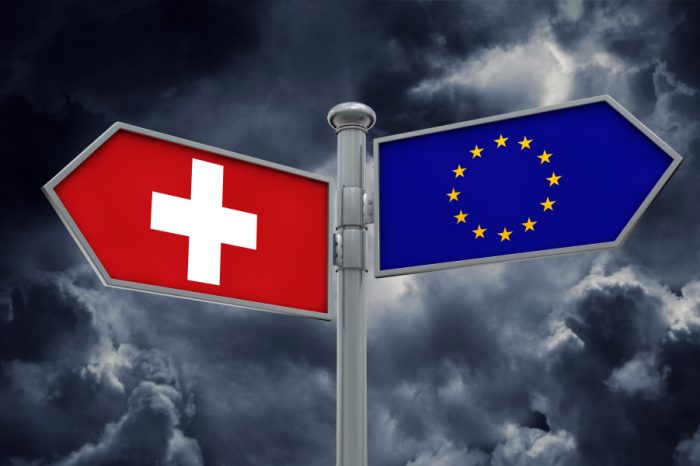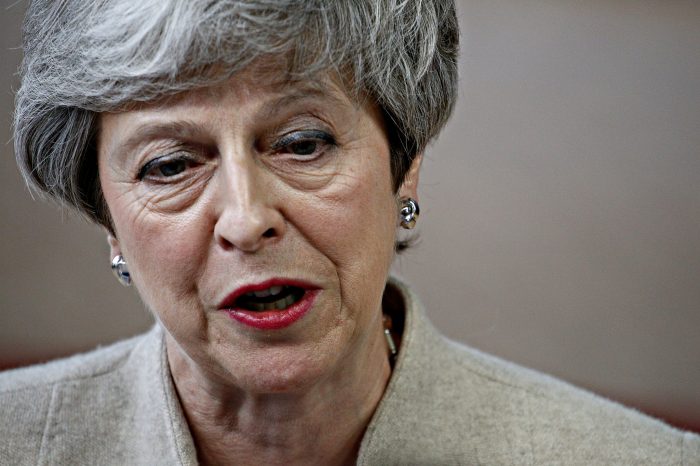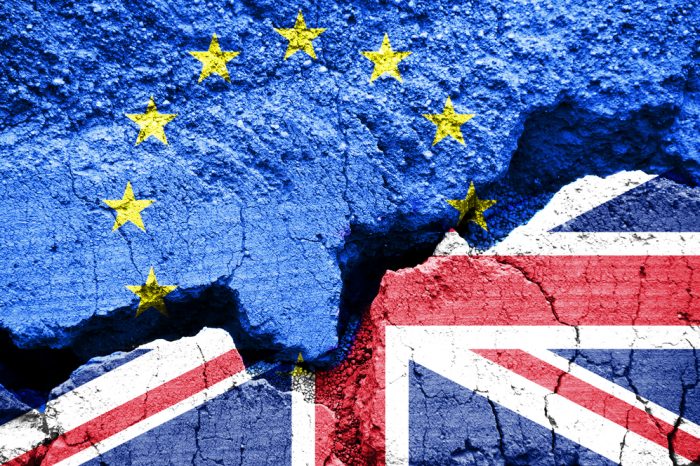The slow road to Brexit
It will be several months before the UK government invokes Article 50. Open Europe‘s daily briefing stated today that Theresa May has confirmed to her Danish and Dutch counterparts that the UK will not invoke Article 50 until 2017 to allow all member states time to prepare for the negotiations.
The exit route remains equally unclear. An article in today’s Guardian features an interview with Elisabeth Vik Aspaker, Norway’s European Affairs Minister, who seemed to cast doubt on whether the UK would be welcome back into EFTA. Her concerns centre around the changes to the dynamics of EFTA that would inevitably take place if the UK re-joined, which would make it by far the largest of a group of five countries, overshadowing Norway.
However, the Guardian‘s piece, taken from the Norwegian newspaper Aftenposten, is not the whole story. A group of senior Norwegian Ministers are due to meet with David Davis, the Brexit minister in the next few weeks and it is inconceivable that the EEA/EFTA subject will not be mentioned. A perceptive piece by Dr Richard North says that so far, there have been no formal indications from the UK that it wishes to re-join EFTA. However, in spite of positive noises coming from Iceland, all four countries have a veto, so there is no guarantee that we wold be allowed to re-join.
A Norwegian veto may be pretty unlikely, however, as Dr North points out, because there are many politicians in that country, particularly on the political left, who want something better than the current EEA arrangement and would support the extra clout that a large country like the UK would provide for the non-EU countries of Western Europe in future negotiations with the EU. The negative take by the Guardian is therefore far from the full story.
For those many activists who put so much effort into achieving the historic result on June 23rd, this lack of progress is frustrating, but behind the scenes, things are definitely happening. Specialist staff are being recruited by the Civil Service to handle the Brexit negotiations; your scribe met one person only last Sunday who applied for one position.
We do at lest have the consolation of knowing that, in spite of the publicity given in the aftermath of the referendum to a handful of leave voters who regretted their choice, the electorate has accepted the result. Polling by You Gov gave 52% support for Brexit – the same percentage as voted to leave on 23rd June. A majority of voters still see leaving the EU as the right thing to do.
One interesting twist in the Brexit story emerged a couple of weeks ago. The former Italian Prime Minister Giuliano Amati, claims that he wrote the wording of Article 50 in the Lisbon Treaty, but only intended it to be “a classic safety valve that was there, but never used.”
Signor Amati belongs to the “Make Britain suffer” school, who believe that we should be made an example to stop other countries following us out of the door. Thankfully, present political leaders, including Germany’s Angela Merkel, have so far sounded much more pragmatic, recognising that a smooth divorce is in the best interests of business on both sides of the Channel.
Furthermore, there is a flaw in the thinking of people like Amati. If the EU is such a good thing, should we not be pited rather than punished for voting to leave? Why should the EU institutions be scared about other countries following us out of the exit door if this project is so wonderful? His statements underline the harsh reality that there are few successors to the EU visionaries of 40-60 years ago who truly enthused about the project.
Certainly, in the UK, there was no one of the stature of Heath or Jenkins to swing the vote as they did in 1975. Remainers were more concerned about not rocking the boat rather than looking forward excitedly to yet more power being handed over to Brussels. It is not just over here that enthusiasm for creating an United States of Europe is waning. The harsh truth is that the EU project is becalmed. It is becoming, in the words of Andrew Duff, a former Lib Dem MEP a “Never-closer Union”. A Yugoslavia-style disintegration would be a most unpleasant affair, but Amati and other European politicians who called Brexit a “disaster” need to face up to the fact that a gradual piecemeal dismemberment may be the best future for this failing attempt to create an unnatural federal superstate.







